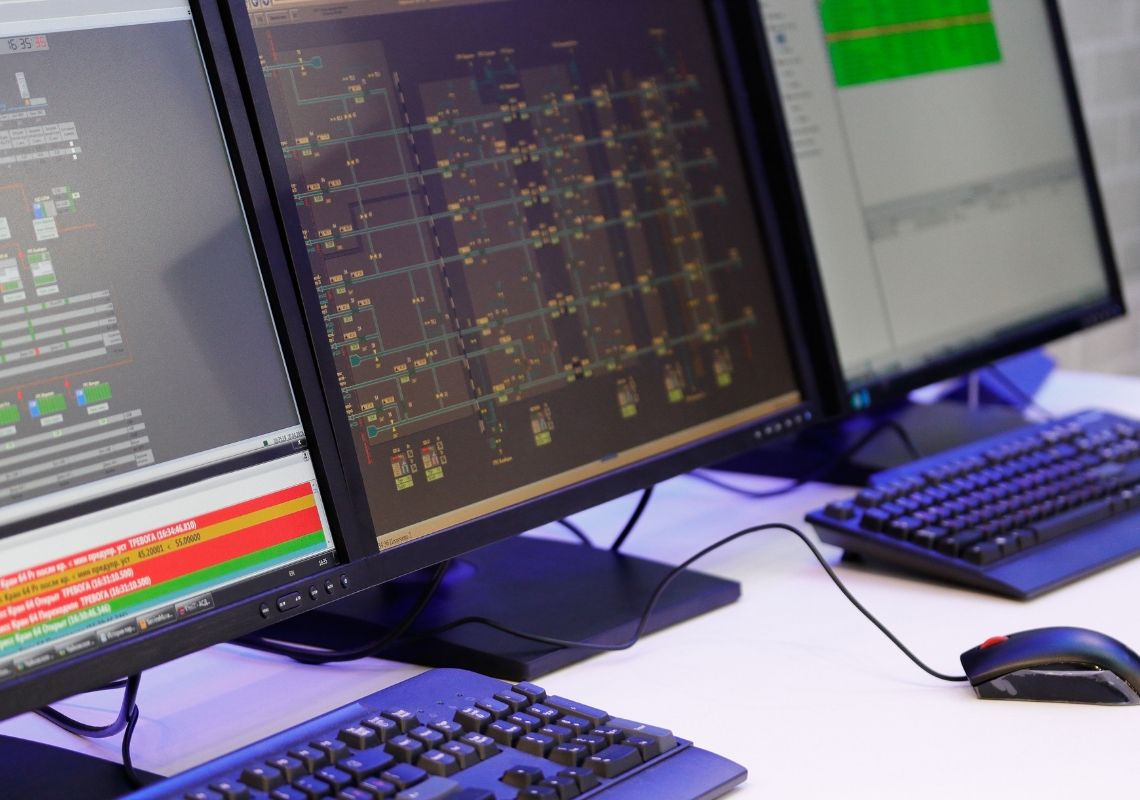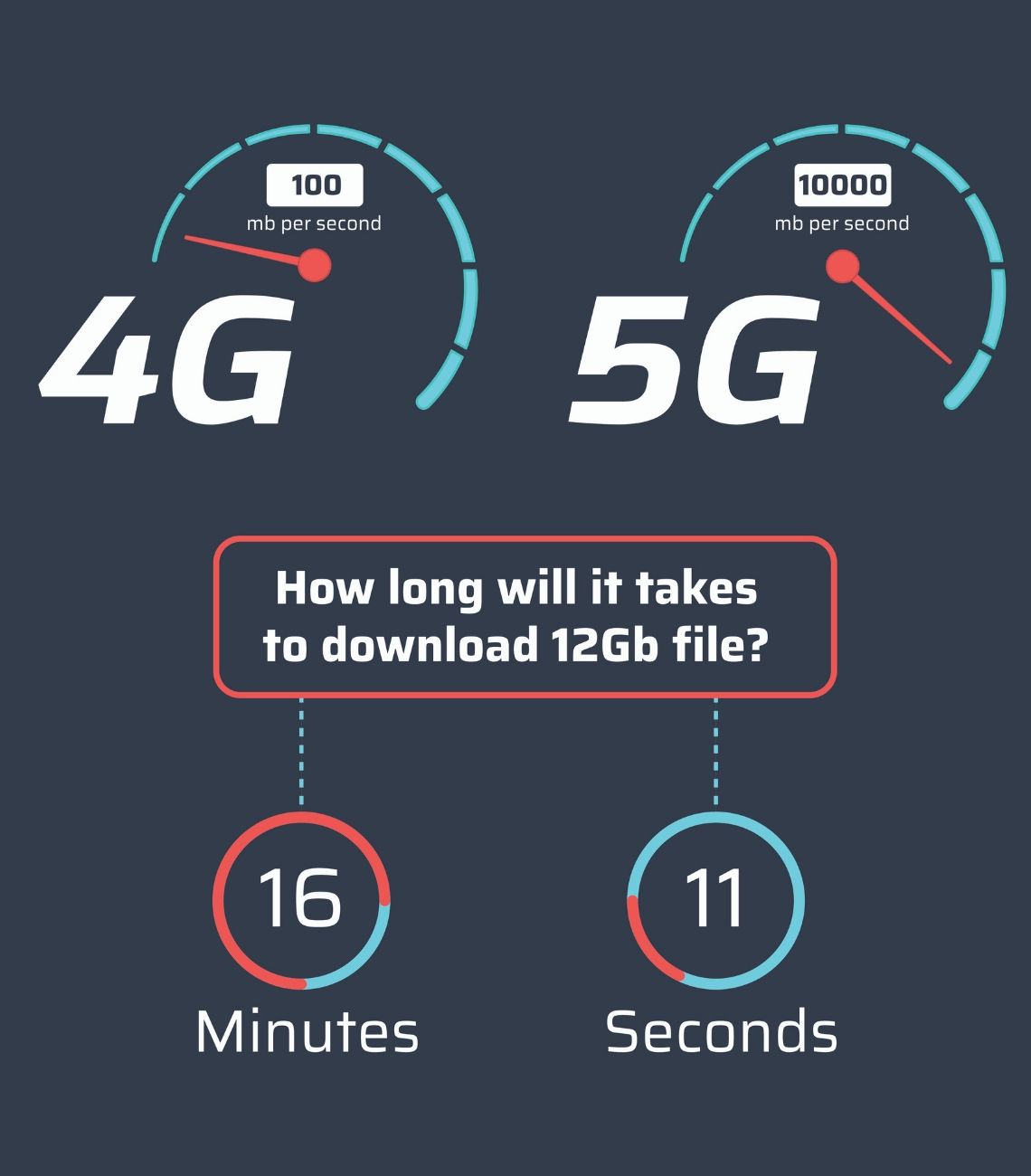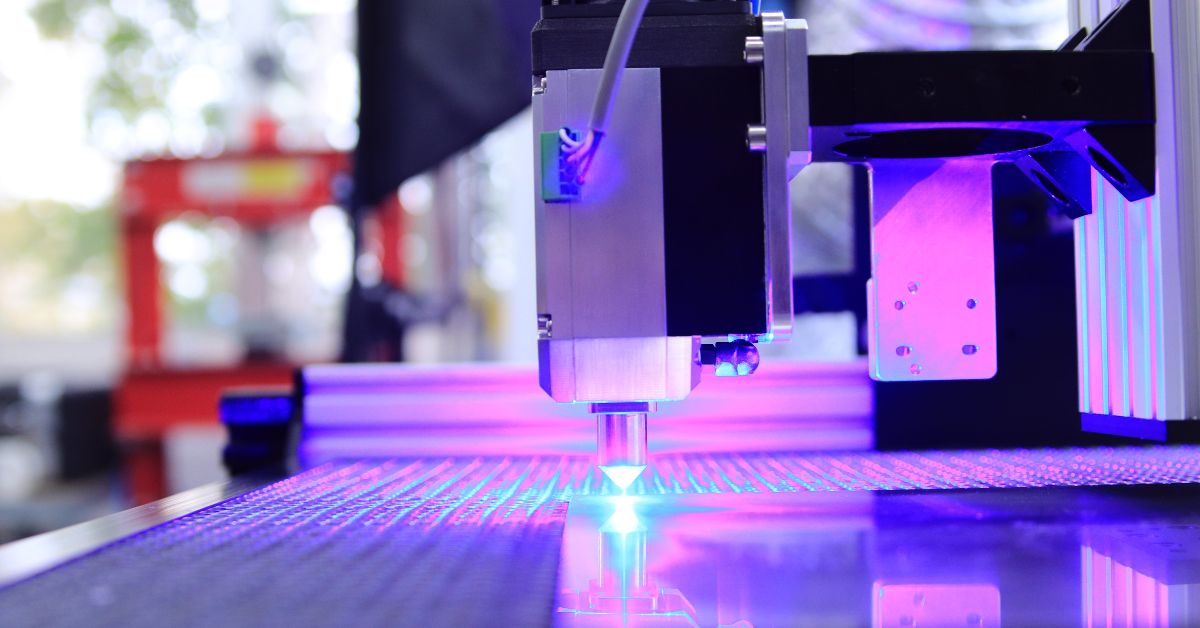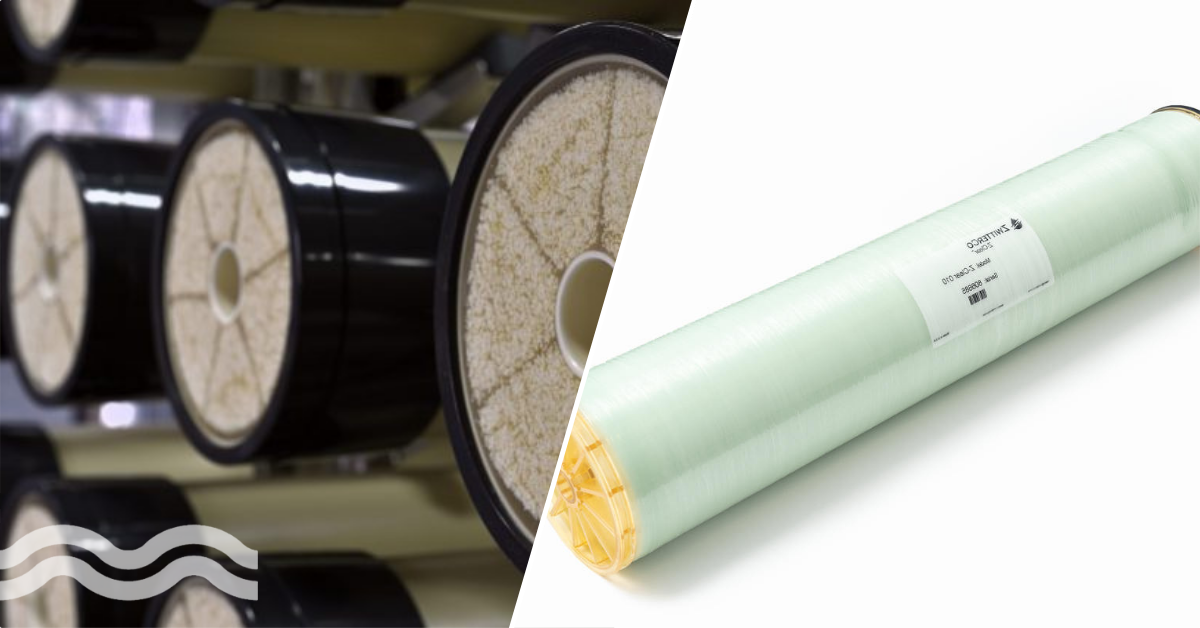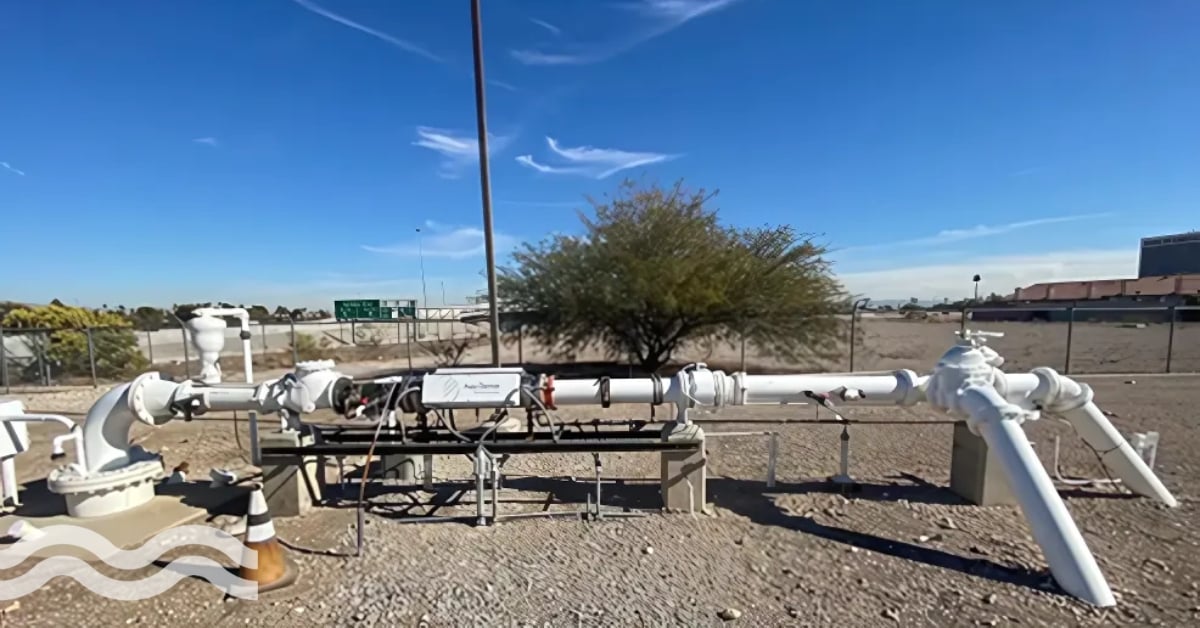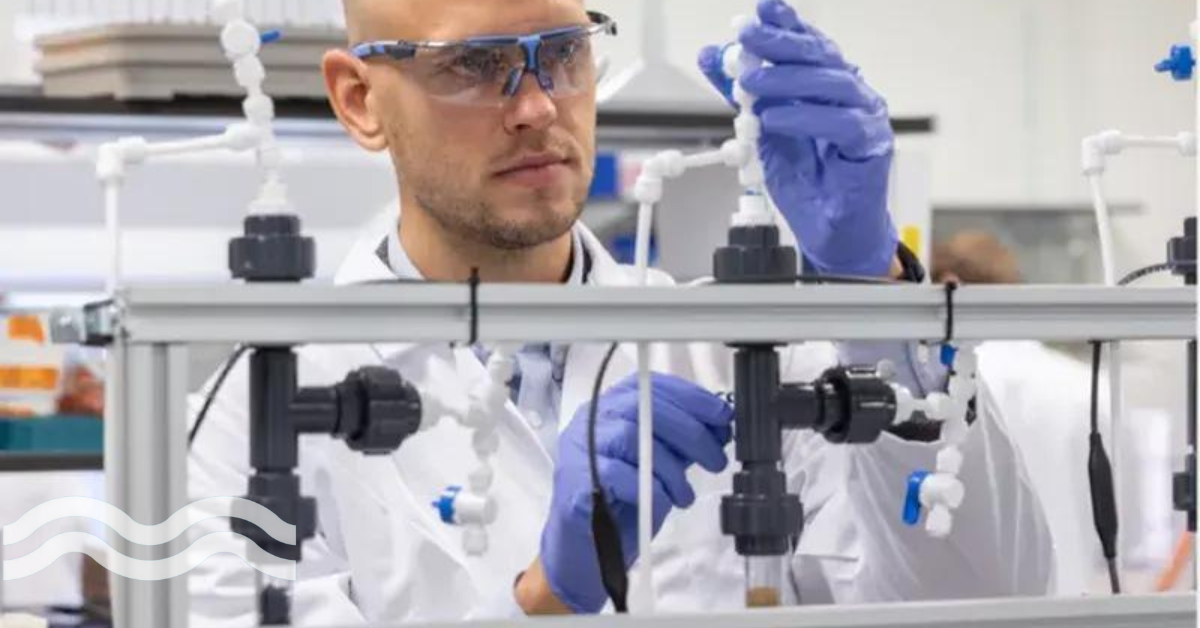has also been promised to enable more machine-to-machine communications. To put this into perspective, while 4G can support around 60,000 devices per square kilometre, 5G, in theory, can support more than one million in the same space.
Brian M Back, founder and CEO of Radio Data Networks (RDN) Ltd has spent the last four decades meeting telecommunication regulators across four continents.
He believes with revenue continuing to be the “primary motivation of the networks”, the water and wastewater industry will face disappointment believing “5G will be the Holy Grail of the communications”.
Part of the reason for the drive to 5G, he adds, is to plug the “haemorrhaging of revenue” where customers are switching from 3G or 4G to WiFi connections to "offload" when they get home.
The hope is that with a faster connection available outside of homes, more people will download applications and watch movies using 5G, in turn consuming more data, which comes at a price.
“Is 5G about increasing bandwidth?" asks Back. "Yes, for certain, but it is also about re-gaining and capturing that revenue lost to WiFi and ensuring that we all use up monthly gigabyte allocations and demand more!”
5G limitations for water
It should be noted that 5G, in its basic form, operates at much higher radio frequencies than existing 2G to 4G services, meaning the operating radius of masts will be in the 300m range.
Furthermore, 5G operates at higher frequencies, between 3.4 to 3.8GHz. According to Back, this means it offers "very poor penetration of obstructions, suffers from multi-path fading and is weather dependent”.
“At present, 5G applications for the water and wastewater sector will be limited by geographic coverage, with 5G for certain failing to address the two biggest issues that face our sector: remote working andor buried underground assets,” he adds.
RDN's founder believes 5G will be best suited to enable real-time video streaming for enhanced high definition (HD) CTTV at water and wastewater plants, the delivery of jobs and remote working.
Embracing the 5G era
Now being offered in parts of the US, UK, Switzerland and Bahrain, all at a price, it raises the question of how fast will 5G will be rolled out to a wider audience?
Estimates from the GSMA, an association representing global mobile network operators, predict that we won’t witness full-scale 5G network deployments until after 2020, a period to be known as the 5G era.
Bluefield’s Hays adds that 5G is “still probably five to seven years off so in that sense perhaps it's 'overhyped', or putting the cart before the horse, this is a bigger leap than 3G to 4G”.
Others believe water specific-5G trials could start much sooner although confirm that the sector has not been a "priority vertical", with automotive and healthcare industries benefitting from the first trials.
“Water-related trials will start to emerge by the end of 2020, with commercial mMTC-capable 5G roll-outs starting in 2023,” says Miquel Payaró, head of the communications technologies division of the CTTC - Centre Tecnològic de Telecomunicacions de Catalunya.
Heading up the ‘5G for smart water management’ working group from the Wireless World Research Forum (WWRF), Payaró expects the first applications of 5G-based smart water management systems to start from mid-2023.
Enabling smart water
Others remain optimistic about the benefits 5G can bring to the water industry
“In the world of water quality sensors, the major impact of 5G will be to facilitate faster, almost real-time transfer of water quality data from installations in distribution networks,” says Mike Strahand, managing director of sensor company, ATi UK.
Currently, for water distribution pressure reducing valves, meter chambers and hydrant chambers are not usually connected to Supervisory Control And Data Acquisition (SCADA) systems. Modems are used to send data back to cloud-based portals, he says.
ATi is discussing making its M-Node sensors directly 5G enabled to remove the need for modems, designed for installations where one or two water quality parameters are required.
Strahand adds “when the number gets bigger than that it still makes sense to use a multi-channel modem/data logger" but believes, on the whole, 5G will "revolutionise the uptake of smart water”.
He says: “The direction of travel for smart water is to have all the data all the time much like traditional SCADA. Current 4G speeds and current connectivity issues mean that real-time is not achievable due to the power requirements, large batteries, needed to transmit data in real or even near real time.”
Avoiding dark data
Meanwhile, Kaney believes the hyper speeds offered by 5G could be overkill for certain water asset management requirements.
“5G will be great for using real-time/ near-time data, but for asset performance metrics that use periodic data or data provided at a much lower frequency, it won't make any difference at all. Kind of like buying a way more efficient light bulb that you never turn on!”
The director of asset management believes we are at the 'pre-hype' stage for 5G but that moving forward it should not be used not to collect more data but collect more relevant data.
“Water companies have lots of dark data that they don’t use, don’t know they have and pay to store,” he said. “We could be in danger of turning a data stream into a torrent, creating greater inefficiencies and increased cyber/physical bandwidth devoted to handling, optimising all of this new data.”
Isle UK’s Tam also throws caution to the wind. “Overall, I can't see the advance of 5G making an impact in the short term, there are more immediate gains to be made with existing technologies and competition to find solutions that quickly reduce the cost of sensor role out,” he adds.

